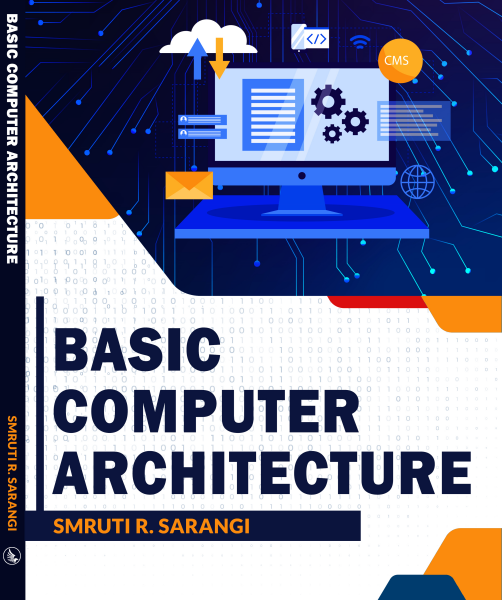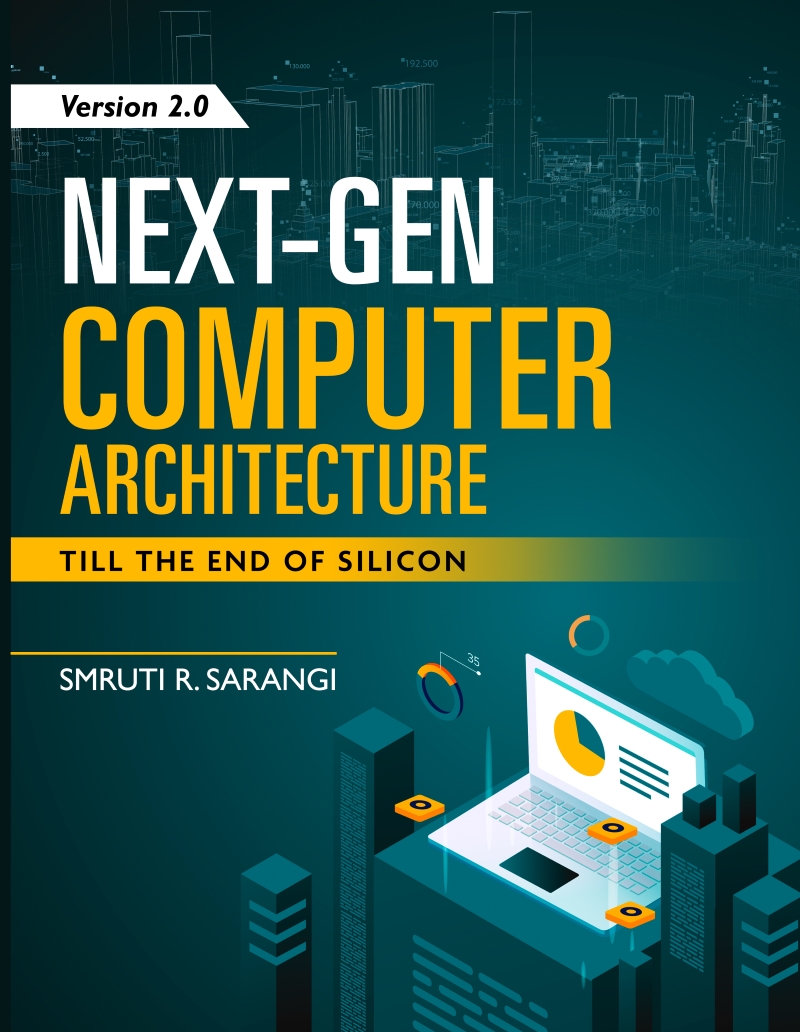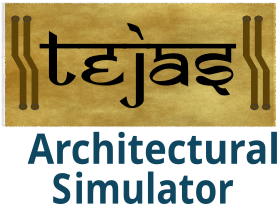Smruti Ranjan Sarangi
Dr. Sarangi obtained his Ph.D in
computer science from the
University of Illinois at Urbana
Champaign(UIUC), USA in
2006, and a B.Tech in computer
science from IIT Kharagpur in
2002. After completing his Ph.D he
has worked in Synopsys Research,
and IBM Research Labs. He is the founder of Thought2Design Systems
Pvt. Ltd., a deep-tech startup on AI/ML-based CAD and HPC services incubated at IIT Delhi. He is also the Head of the
Computer Services Center that manages and develops the entire IT system of IIT Delhi. He has been granted five US patents and five Indian patents (two more in the application stage), and has
published 140 papers in reputed
international conferences and
journals. He has published two popular
books on computer
architecture: (1) "Basic Computer Architecture", WhiteFalcon, 2021, (2) and
"Next-Gen Computer Architecture",
WhiteFalcon, 2023. He
is currently the Associate Editor
of the Elsevier Journal of Systems
Architecture. He takes an active interest in teaching and technology-enhanced learning. He is currently the HoD of the Educational Technology Services Center. He has gotten the teaching excellence award in IIT Delhi in 2014 and is the latest recipient of the ACM Outstanding Contributions to Computing Education Award (OCCE, 2022). He got the Qualcomm Faculty Award in 2021 and has numerous best paper awards and nominations to his credit. He currently directs the SRISHTI
research group at IIT Delhi, which
focuses on core systems and
architecture research. The SRISHTI
group has released the popular Tejas architectural
simulator. Tejas can be used to
simulate complex multicore
processors. Its unique selling point
is that it is written in Java, and
is very easy to use and modify. In
terms of performance, accuracy, and
features it is competitive with
other widely used simulators. Other
widely used software include the emuArm
ARM ISA emulator, and the UsiFe
file system. |
|||||||||||
|
|















